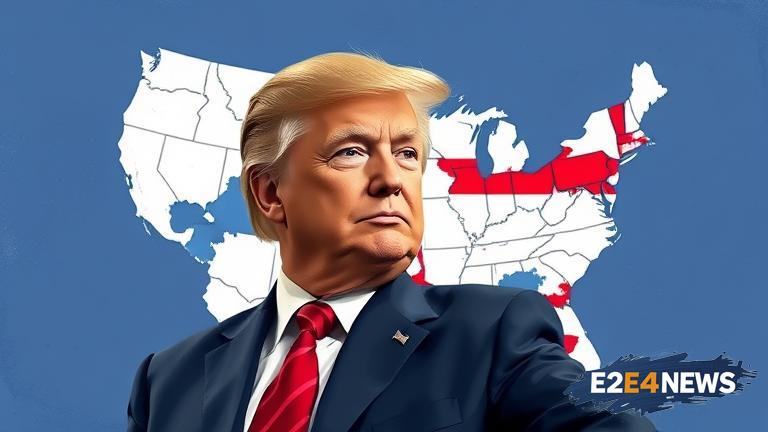The United States has issued a warning to countries that impose digital taxes on American tech firms, stating that they will face retaliation if they don’t reconsider their stance. According to a report, US President Donald Trump has threatened to impose more tariffs on nations that impose digital taxes, saying that US tech firms are not ‘piggy banks’ to be used for filling the coffers of other countries. The warning comes as several countries, including France, the UK, and India, have introduced or proposed digital taxes on tech giants such as Google, Amazon, and Facebook. The US has been opposed to these taxes, arguing that they unfairly target American companies and are a threat to global trade. The US Trade Representative (USTR) has been investigating the digital taxes imposed by several countries, and has threatened to impose retaliatory tariffs if they are found to be discriminatory. The USTR has said that the digital taxes are ‘unreasonable’ and ‘discriminatory’, and that they will not hesitate to take action against countries that impose them. The European Union has also been critical of the US stance, saying that the digital taxes are necessary to ensure that tech firms pay their fair share of taxes. The EU has also threatened to retaliate against the US if it imposes tariffs on countries that impose digital taxes. The issue has sparked a global debate on the taxation of digital companies, with some arguing that they should be taxed where they operate, while others argue that they should be taxed where they are headquartered. The OECD has been working on a global solution to the issue, but so far, no agreement has been reached. The US has said that it will not accept any agreement that unfairly targets American companies, and has threatened to withdraw from the OECD talks if a satisfactory agreement is not reached. The digital taxes have been imposed by several countries in an effort to raise revenue from tech firms that operate in their jurisdictions but pay little or no tax. The taxes are typically imposed on the revenue generated by tech firms from digital services such as advertising, e-commerce, and data analytics. The US has argued that the taxes are a threat to the global economy, and that they will not hesitate to take action against countries that impose them. The issue has also sparked a debate on the role of tech firms in society, with some arguing that they should be subject to stricter regulations and taxes. Others argue that the taxes will stifle innovation and hurt economic growth. The US has said that it will continue to monitor the situation and will take action against countries that impose digital taxes. The issue is likely to continue to be a major point of contention between the US and other countries, and may lead to further trade tensions. The US has also said that it will work with other countries to find a solution to the issue, but has made it clear that it will not accept any agreement that unfairly targets American companies. The digital taxes have been a major issue in international trade, with several countries imposing or proposing taxes on tech firms. The US has been opposed to these taxes, and has threatened to impose retaliatory tariffs if they are found to be discriminatory. The issue has sparked a global debate on the taxation of digital companies, and is likely to continue to be a major point of contention in international trade. The US has said that it will continue to work with other countries to find a solution to the issue, but has made it clear that it will not accept any agreement that unfairly targets American companies.
